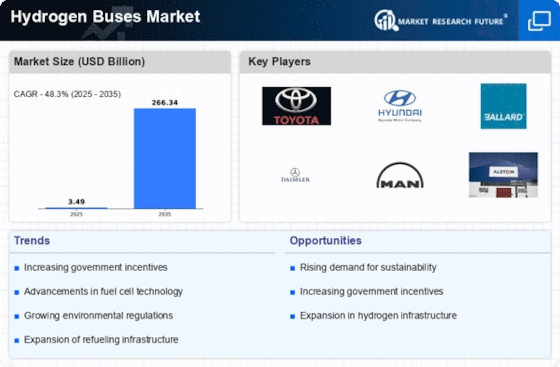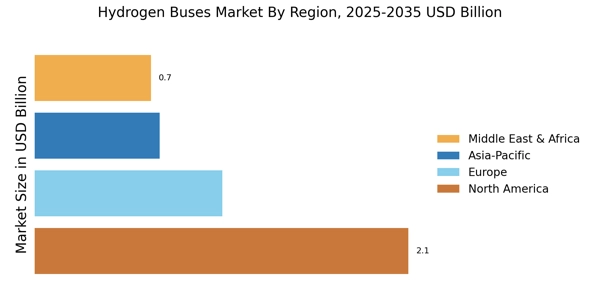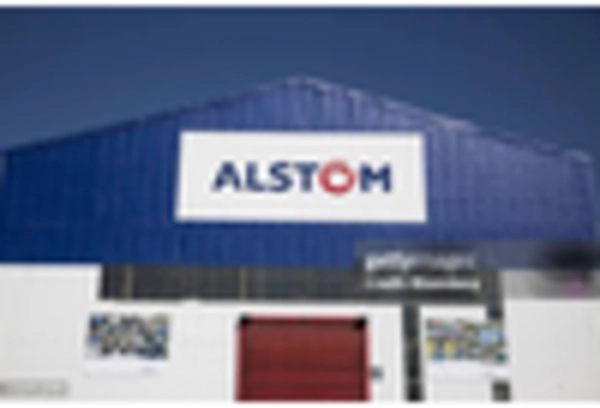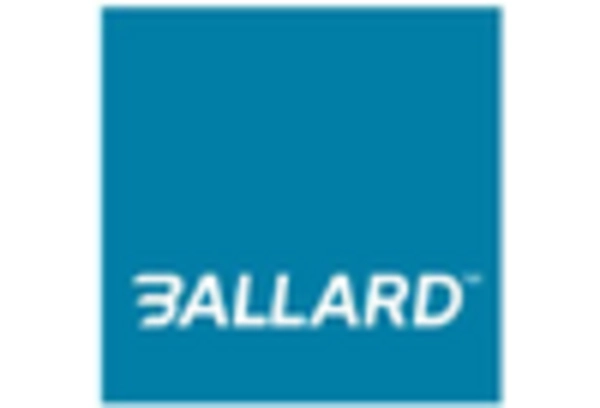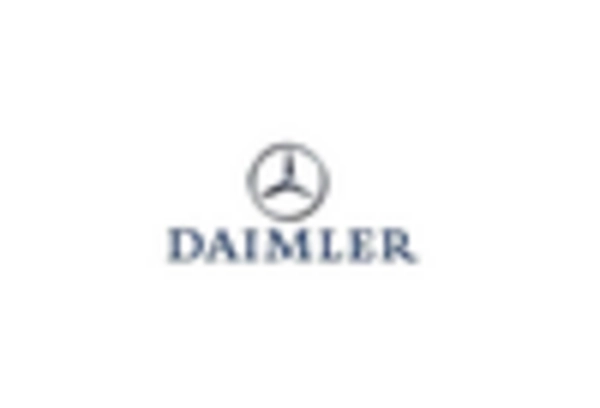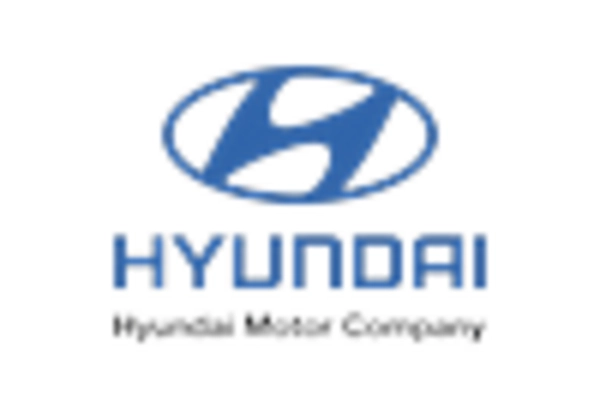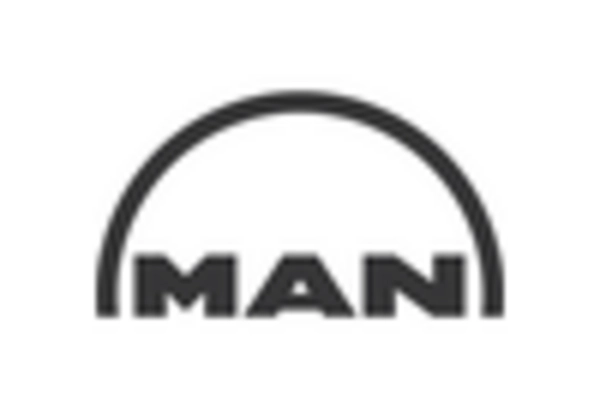Rising Demand for Clean Public Transportation
The demand for clean public transportation solutions is on the rise, significantly impacting the Hydrogen Buses Market. As urban populations grow, cities are increasingly seeking sustainable alternatives to reduce air pollution and greenhouse gas emissions. Hydrogen buses, with their zero-emission capabilities, present an attractive option for municipalities aiming to enhance their public transport systems. Recent studies indicate that cities adopting hydrogen buses can achieve substantial reductions in particulate matter and nitrogen oxides, contributing to improved public health. Moreover, the increasing awareness of climate change and environmental issues among citizens is pressuring local governments to invest in cleaner technologies. This shift in public sentiment is likely to drive the demand for hydrogen buses, further propelling the growth of the Hydrogen Buses Market.
Government Incentives and Regulatory Frameworks
Government support plays a pivotal role in the Hydrogen Buses Market, as various countries implement incentives and regulatory frameworks to promote the adoption of hydrogen fuel technologies. Financial incentives, such as grants and tax credits, are being offered to manufacturers and operators of hydrogen buses, thereby reducing the initial investment burden. Additionally, stringent emissions regulations are pushing public transport authorities to transition from fossil fuels to cleaner alternatives, including hydrogen. For example, several regions have set ambitious targets for reducing greenhouse gas emissions, which necessitates the integration of hydrogen buses into their fleets. This supportive regulatory environment not only fosters innovation but also encourages collaboration between public and private sectors, ultimately driving the growth of the Hydrogen Buses Market.
Technological Innovations in Hydrogen Fuel Cells
The Hydrogen Buses Market is experiencing a surge in technological innovations, particularly in hydrogen fuel cell technology. Recent advancements have led to improved efficiency and reduced costs, making hydrogen buses more competitive with traditional diesel buses. For instance, the development of high-performance fuel cells has enhanced the range and operational capabilities of hydrogen buses, allowing them to serve longer routes without frequent refueling. This technological progress is crucial as it addresses the concerns of fleet operators regarding the reliability and performance of hydrogen buses. Furthermore, the integration of advanced materials and manufacturing techniques is expected to lower production costs, potentially increasing the adoption of hydrogen buses in public transportation systems. As a result, the Hydrogen Buses Market is likely to witness accelerated growth driven by these innovations.
Public Awareness and Acceptance of Hydrogen Technologies
Public awareness and acceptance of hydrogen technologies are increasingly influencing the Hydrogen Buses Market. As educational campaigns and outreach programs highlight the benefits of hydrogen as a clean energy source, public perception is gradually shifting towards favoring hydrogen buses over traditional fossil fuel options. This growing acceptance is crucial for the successful deployment of hydrogen buses in urban areas, as public support can drive policy changes and funding allocations. Additionally, demonstrations and pilot projects showcasing the performance and reliability of hydrogen buses are helping to alleviate concerns regarding their viability. As more stakeholders, including transit authorities and community organizations, advocate for hydrogen solutions, the Hydrogen Buses Market is likely to benefit from enhanced public confidence and increased adoption rates.
Infrastructure Development for Hydrogen Refueling Stations
The expansion of infrastructure for hydrogen refueling stations is a critical driver for the Hydrogen Buses Market. As the number of hydrogen buses increases, the need for a robust refueling network becomes essential to support their operation. Investments in hydrogen refueling infrastructure are being made by both public and private entities, aiming to create a comprehensive network that ensures accessibility and convenience for fleet operators. Recent reports suggest that the establishment of strategically located refueling stations can significantly enhance the operational efficiency of hydrogen buses, reducing downtime and increasing service reliability. Furthermore, partnerships between governments and energy companies are emerging to facilitate the development of this infrastructure, which is expected to bolster the growth of the Hydrogen Buses Market in the coming years.


